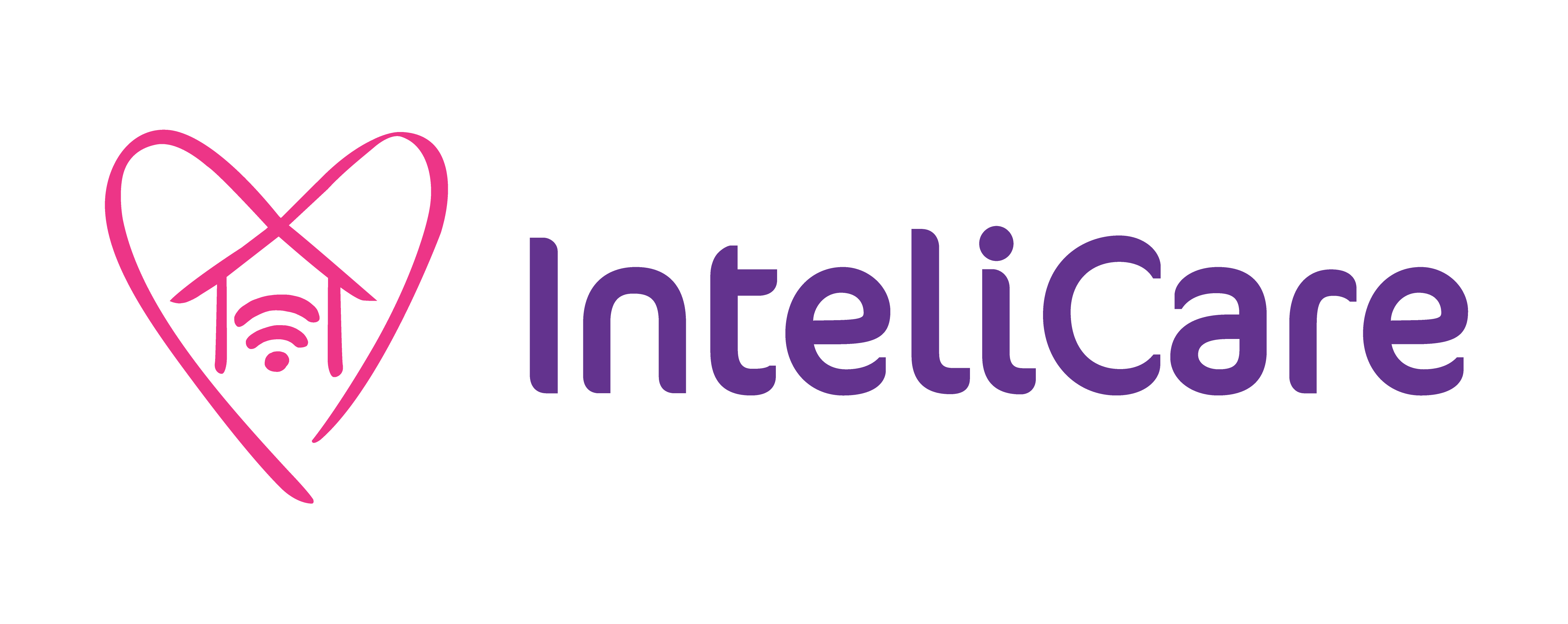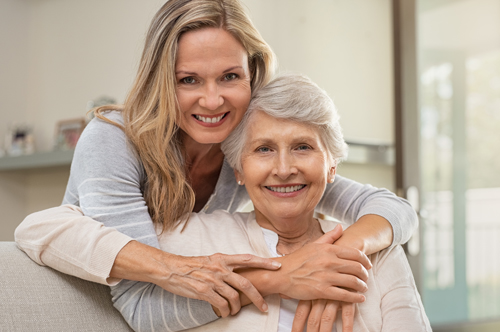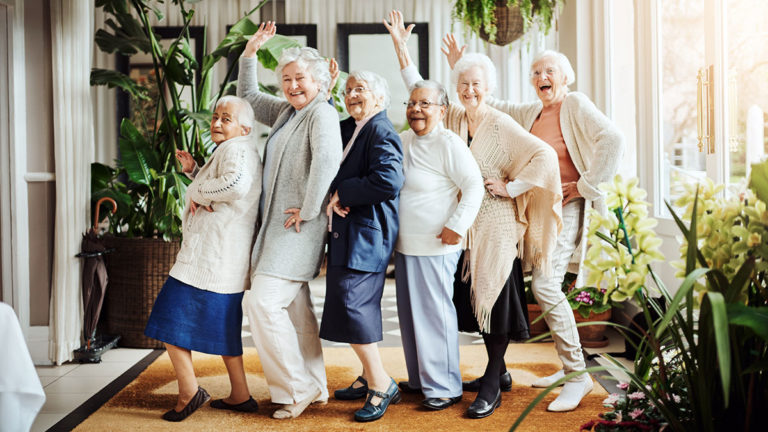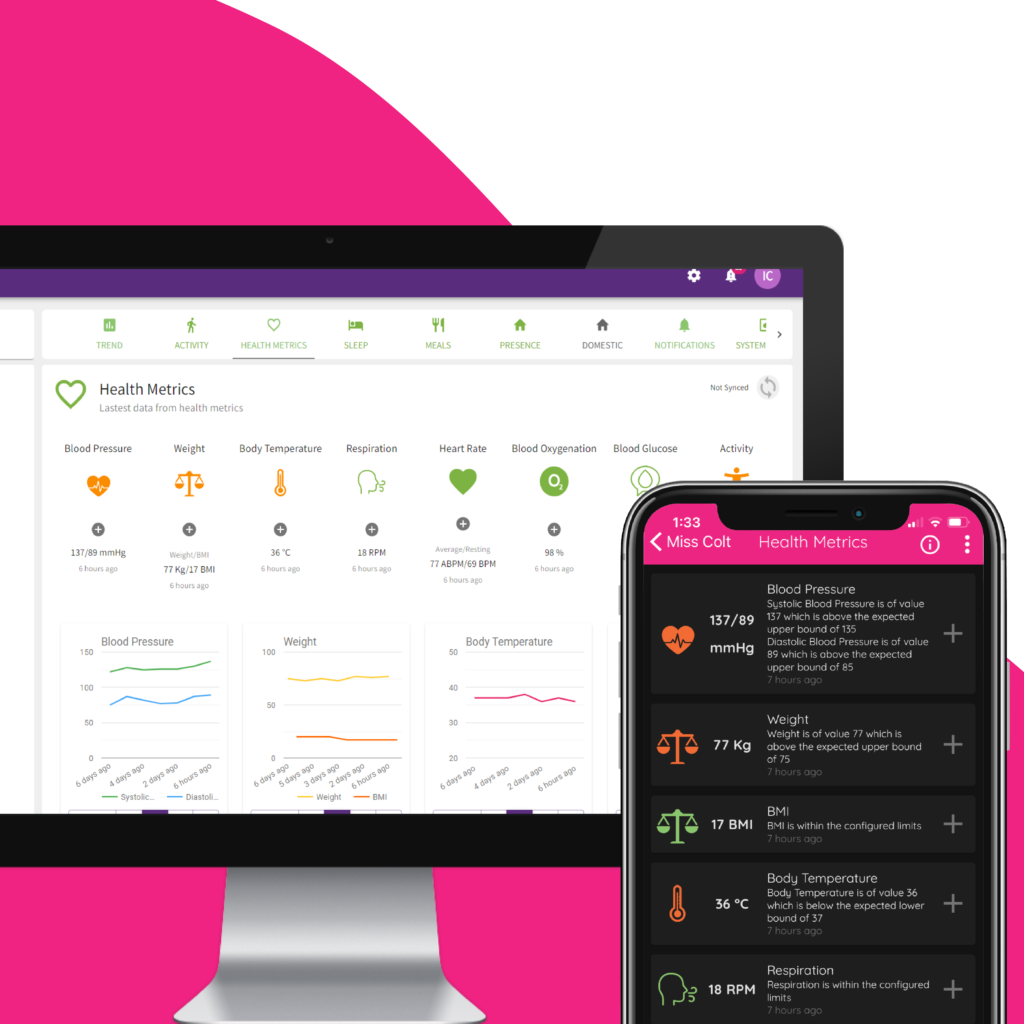Personal alarms are the most widely used technology for elderly people at risk of falls, but in 80% of falls1, they aren’t used or don’t activate. Why not?
Personal alarms don’t offer complete fall detection because they, in most cases, require activation by the elderly person who’s had a fall. Which can understandably be problematic if they’re injured.
But, that’s not to say personal alarms aren’t a good choice for fall detection for seniors. Personal alarms use some of the latest technology to provide reassurance for elderly people at risk of a fall, especially when they’re out and about.
In this article, we examine the pros and cons of personal alarms to help you decide if it’s the right technology for your family.
What is a personal alarm?
A personal alarm can be a wearable pendant, bracelet, or smartwatch, or a stationary alarm button in the home. When activated, an alert is sent to the family or care team of the senior notifying them the senior needs urgent help.
Personal alarms for the elderly can feature a range of functionality, including:
- GPS tracking and Google Maps tracking
- Low battery alerts
- Falls detection
- Intercom
- Emergency alerts
- Shower and rain proof
Pros of Personal Alarms
In July 2020, The Royal Commission into Aged Care Quality and Safety, published a paper revealing the majority of Australian seniors would like to age on their own, instead of going into aged care. It stated that older Australian preferred to receive support directly from their family members, rather than for-profit businesses, not-for-profit organisations and government organisations.
With this in mind, technologies such as personal alarms can reassure the senior and their family they are safe and immediate help can be sought if needed. Other positives include:
- Support at any time: Press the button at any time to send a request for help. While a power outage may affect landlines, communicating distress via a personal alarm is still possible as long as the pendant is charged.
- Peace of mind: The pendant can be worn throughout the house and garden. If a fall occurs away from a phone, help can be sought via the personal alarm. This gives both the senior and the family reassurance of their safety. Some personal alarms can even work outside of the house, providing protection wherever they go.
- Advanced capabilities: Many personal alarms have voice-to-voice capabilities and GPS tracking, which can be useful for the family when they are responding to a fall alert.
- Most are discreet: Personal alarms can be worn like a watch or necklace and most can be tucked discreetly into clothing. They are often lightweight and inconspicuous, so no one else needs to know it is being worn.
- Personal alarms are easy to install: These alarms are easy to set up, install, and use. They should come with comprehensive instructions, making the set-up simple.
- Continue independent living: By having this additional safety measure in place, seniors can be empowered to stay at home for longer and avoid aged care.
Cons of Personal Alarms
- Personal alarms can’t prevent falls: While personal alarms can alert the family after a fall has happened, they don’t identify the warning signs of deteriorating health and notify the care team (family members or designated health workers) to step in before an incident occurs.
- You’re relying on one method of detection: If for whatever reason, the personal alarm isn’t activated, there is no back up to alert families to a fall.
- Here are just a few reasons why the personal alarm may not be activated:
- In many cases, people are reluctant to raise an alarm.
- If the alarm wasn’t worn at the time, it could be out of reach.
- The person may forget to activate the alarm. This is often the case for people with memory loss or dementia.
- The alarm could be pressed but not activate.
- Alarms don’t always pick up collapses, which are the most common type of fall.
- Many alarms, including the Apple Watch, require a very hard fall to trigger.
- Wearable personal alarms are often undercharged: Personal alarms rely on the user to charge them regularly and this can be a challenge for some elderly people.
- The person may be incapacitated: At a time when they most need help, the person may be physically unable to activate the alarm.
- Choice no longer recommends personal alarms: Due to safety concerns and feedback from members, Choice does not recommend any watch or pendant-style personal alarms.

What About Fall Prevention?
When activated correctly, personal alarms can be great at notifying the contacts after an emergency, but they do nothing to alert families to risks of a fall.
The latest innovation in fall protection starts before the fall, to not only detect health incidents but to help prevent them.
InteliLiving, can learn the individual’s normal domestic and identify increased risks of a fall, infection, dementia, depression, and other illnesses.
By spotting changes in activity that may indicate an emerging health issue, the family can get assistance for the resident before an incident occurs.
Comprehensive Falls Protection
InteliLiving doesn’t rely on just one device or sensor, so it is like having multiple safety nets in one.
With three-levels of fall protection, seniors can continue living independently and the family can have peace of mind that they are safe.
Level one: falls GPS personal alarms
InteliLiving can be integrated with other technologies, such as our smart GPS pendant. The pendant immediately notifies the care team if the button is pressed, or if it detects an obvious fall.
The system will send an SMS or phone call, and the care team will be able to see exactly where the resident is.
Level two: our powerful app
The family can access the InteliLiving app from anywhere at any time to review the live stream of activity from the resident’s home.
Home monitoring and data visualisations allow the care team to see patterns at a glance and take action if they notice a worrying change in routine.
Level three: ‘failure to arise’ alerts
The InteliLiving system learns the individual’s routine; it doesn’t rely on a pre-programmed schedule.
If the resident fails to get out of bed at the expected time, the care team will be notified via the app. It is not necessarily a cause for alarm, but it gives the family the opportunity to check-in and makes sure everything is okay.
For more information on fall protection or InteliLiving, send us a message and we’ll get back to you with everything you want to know.
1Inability to get up after falling, subsequent time on floor, and summoning help: prospective cohort study in people over 75.






